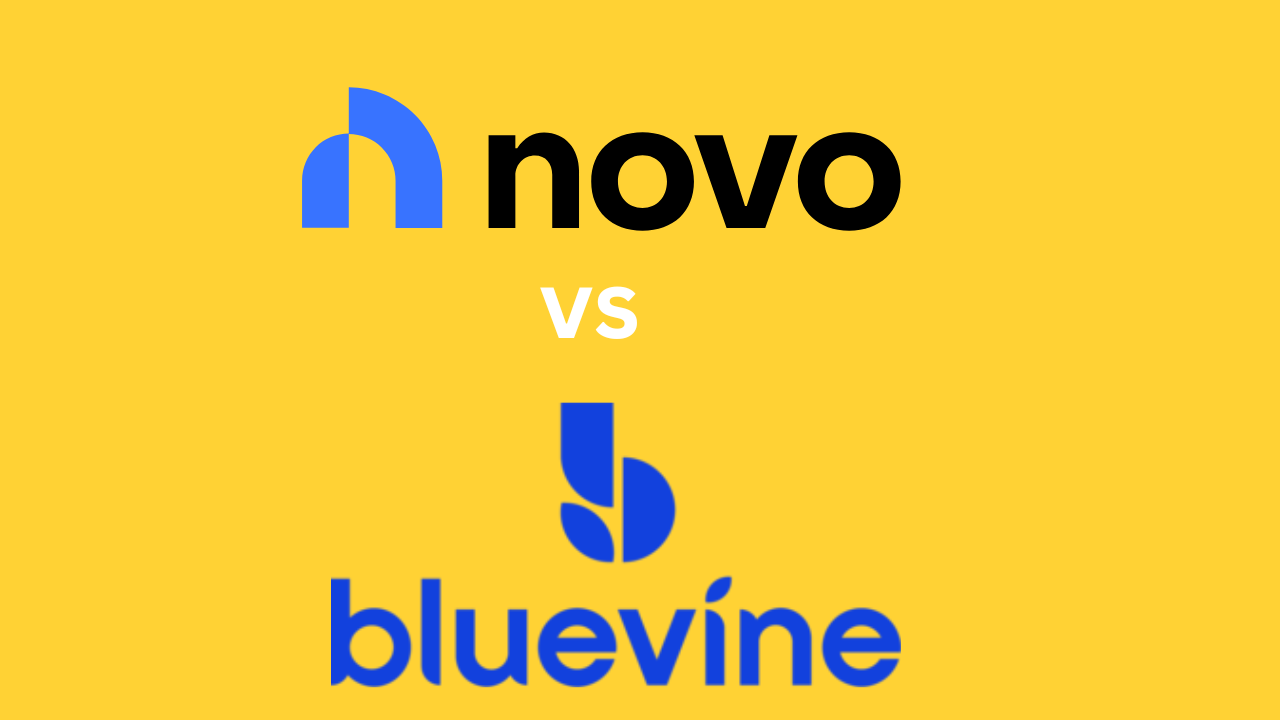Language:
Can an LLC Go Public?

So you want to make your LLC public? Though it’s not as simple as simply hitting a few buttons, it is indeed possible, and we’re here to help you learn more about the intricate idea of making your LLC public (and perhaps some alternatives if you decide it’s not for you).
What Is an LLC?
An LLC is a Limited Liability Company, a business entity that combines the pass-through taxation of a partnership or sole proprietorship with the limited liability of a corporation. In an LLC, the owner (or member) is protected from the debts and responsibilities of both the company and the other members.
An LLC is also what’s called a pass-through entity, which means that it taxes profits and losses at the individual level, much like partnerships and S corporations. This is a huge benefit if you don’t want to pay tax twice like C corporations have to.
Comparatively to S corporations and C corporations, LLCs don’t naturally have shareholders who own part of the company as stockholders do in C corporations and S corporations. Instead, all members are owners of the company and share in profits and losses equally.
However, there are some workarounds if you want to go public as an LLC.
What It Means to Go Public
When a company goes public, it’s selling shares of the company to the public. In an IPO, or an initial public offering, a company has gone public, and for the first time, is offering shares to the open market. They have to go through an entire process by filing with the Securities and Exchange Commission (SEC), which makes sure that the company meets all the requirements needed to be public.
Public companies are those companies you see listed on stock exchanges, such as the New York Stock Exchange or NASDAQ, like Apple, Honda, and American Airlines. Their being on the stock exchange gives investors a chance to buy and sell their stocks based on their predictions of the market or just from their vested interest in the company. They’re required to report their financial results regularly, so investors can track their progress and make decisions about when to buy or sell shares.
What Is a Publicly Traded LLC?
LLCs aren’t typically publicly traded, which is why the term “publicly traded LLC” might catch some people by surprise. LLCs aren’t typically involved in selling stocks, but there are workarounds for an LLC to become publicly traded if it converts to a corporation.
Let’s get a little deeper into publicly traded LLCs!
How Can an LLC be Publicly Traded?
LLCs are, by definition, private entities owned and controlled by their members. But an LLC can be publicly traded if it converts into an S corporation, turning it from a private LLC to a public LLC.
When this happens, there will be an IPO transitioning it from a private company to a public one.
There are also some more in-depth ways to publicly trade your LLC, like through using a UP-C, or umbrella partnership corporation structure, but you’ll want to consider how in-depth you want to work to maintain your LLC if reforming your business is a simpler solution in the long run.
How Publicly Traded LLCs Work
The ways an LLC can be publicly traded vary depending on the state it was formed and the type of business it is. The Securities and Exchange Commission (SEC) sets the rules that apply to a company going public, as well as the individual exchanges themselves (like NASDAQ and NYSE).
Many states regulate and govern what kinds of businesses can be listed on a stock exchange, and depends on the stock exchanges’ standards and rules. The New York Stock Exchange, for instance, has a separate market called New York Stock Exchange American for corporations that don’t yet qualify to get listed on NYSE. They’ll also have to meet “initial listing standards,” which require both general and specific financial requirements to be met before getting listed as public.
Advantages of Publicly Traded LLCs
LLCs can become public by way of transferring to a corporate entity rather than an LLC, having units of trade in stock instead of the entire company.
Some advantages of transferring your LLC to a publicly traded LLC (a corporation):
Limited Personal Liability: An LLC’s members won’t have their personal assets held liable if the business goes into debt or runs into legal trouble.
Flexible Ownership and Management: LLCs naturally have a more free and flexible management structure, with owners, or members, being the sole decision-makers. If you get yourself into a corporation, you’re involving your business in a more rigid decision-making structure, requiring several meetings to incite change that might only take a few moments without a board of directors or shareholders.
No Strict Stock Exchange Rules: Publicly traded LLCs might not need to adhere to strict rules that corporations might need to, like having committees or stringent standards in place.
Limitations of Publicly Traded LLCs
With the quirky workarounds and flexibility of publicly traded LLCs, there are also a few limitations compared to corporations.
Complex to Start: There’s quite a bit of nuance and paperwork needed to publicly trade certain units in your LLC since the natural definition of an LLC doesn’t include being publicly traded. While it’s possible, it’ll take lots of research and legwork to get it going.
Complicated Taxes and Management: It’s easy to research how you need to pay taxes on an LLC or a corporation respectively. But when it comes to publicly traded LLCs, a singular answer on how exactly to report taxes is few and far between. Take a publicly traded partnership, for example, which is taxed by default as a corporation as long as the gross income falls under a certain percentage of passive income. Forms can get abundant, and management can get complex before you know it.
Restrictions: You can’t simply follow the same rules as a corporation that’s trading publicly with a publicly-traded LLC. Some rules and restrictions befall your business when you’re maintaining a publicly traded LLC.
Alternatives to Publicly Traded LLCs
While publicly traded LLCs are an option, there are simpler solutions that can make running your business smooth.
Merge LLCs
Merging LLCs is the process of combining two or more limited liability companies into a single entity through a state agency.
A business owner might do this for numerous reasons as alternatives to making their LLC go public, like expanding their business, increasing their market share opportunities, or blending businesses with a partner. Consider this a clean option if you’re looking to grow your business without necessarily needing your business to be traded publicly yet.
Convert an LLC into an S or C Corporation
Changing your business formation could solve the pain points you’re currently struggling with– like converting your LLC directly into an S corporation or C corporation. Let’s define each of these and how they could be beneficial to you as a business owner.
What Is an S Corporation?
An S Corporation (S-corp) is a type of corporation that is treated as a pass-through entity for tax purposes. The corporation itself does not pay federal income taxes on its profits; instead, the profits and losses are passed through to the individual shareholders, who report them on their personal tax returns. S-corps are typically smaller companies with less than 100 shareholders.
S-corps provide limited liability protection to their owner(s) and shareholder(s) and are typically a popular choice for LLCs that want to grow but aren’t quite at the C-corp status. Plus, it still offers pass-through taxation, which helps business owners avoid being taxed on a personal and corporate level.
What Is a C Corporation?
A C corporation (C-corp) is typically a larger organization compared to an S-corp, with more than 100 shareholders. Probably the most unique facet of a C-corp is being taxed as a separate entity, compared to LLCs and S-corps, which are taxed on a business owner’s personal tax returns.
C-corps provide similar limited liability protection to their shareholders and are usually larger companies with more complex taxes, requirements, and bylaws written up by their board of directors and/or shareholders. They’re required to do things like regular shareholder meetings, report their financial activities in detail, and go through multiple official documents to maintain their C-corp status.
Sell LLC’s Assets to a Publicly Traded Company
A business owner can also sell their assets to a publicly traded company that’s interested in purchasing them. To ensure this is the best move for you determine the fair market value of your business’s assets through a business valuation, identify potential buyers, and have a solid team to help you negotiate terms (especially if you’re not familiar with legal jargon written in the contracts). You’ll need to draft a purchase agreement and then collect your payments.
With the right business and legal team, this can be a great way to receive significant assets from the hard work you’ve put into your LLC, without having to maintain the upkeep of managing your business.
Establish and Run Your Business With doola
Arm your business with financial specialists who can prep your books monthly so you’ll always stay on track. Whether you’re considering making your LLC public or simply managing it with a bit more ease, our bookkeepers are here to make your entrepreneurial journey that much easier. Start now!
FAQs
What happens when an LLC goes public?
When an LLC goes public, it means the business undergoes an IPO (or initial public offering) to sell units of stock to raise capital. This is a complex process, as LLCs don’t technically have the option to sell stock.
Is an LLC a private or public company?
An LLC is naturally a private company, not required to disclose financial information or other company details to the public.
What is the difference between a private LLC and a public LLC?
LLCs typically default as private, while LLCs that decide to go public go through steps to get listed on the stock exchange, making shares available for purchase within the specific designations of a public LLC.
Who owns the publicly traded limited liability corporation?
When an LLC becomes public, its shares and thus ownership is spread among shareholders.
Keep reading
Start your dream business and keep it 100% compliant
Turn your dream idea into your dream business.















